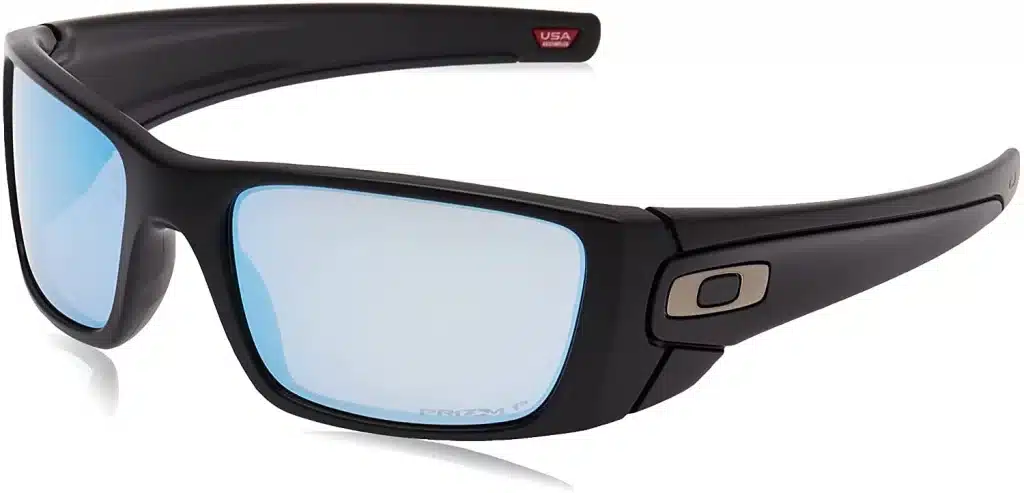Baseball is a sport that demands a high level of visual acuity and awareness. From tracking the fast-moving ball to reading the pitch, players need to have their eyes on top form. As such, it’s critical that players wear sunglasses to protect their eyes and enhance their vision. Oakley is one of the most popular brands among baseball players due to their high-quality lenses and frames. But with so many lens colors to choose from, what color Oakley lenses are best for baseball? This post will delve into the details of the best Oakley lens colors for baseball players.
Understanding the Importance of Lens Color

Clarity and Contrast
The lens color can significantly impact how clearly you see. Some colors enhance the contrast, which helps in spotting the ball against the sky or the field. Higher contrast lenses enable players to detect movements and changes in direction quickly, which can be a game-changer in baseball.
Light Conditions
The lens color can also influence how much light is allowed to your eyes. This is particularly important for outdoor sports like baseball, where the lighting conditions can change rapidly.
Eye Strain Reduction
Selecting the right lens color can minimize eye strain. Comfort is crucial, especially in long games, as eye fatigue can diminish performance.
Popular Oakley Lens Colors for Baseball
Prizm Field Lenses
Enhanced Vision
Oakley Prizm Field lenses are specifically designed for baseball. The Prizm technology fine-tunes the individual wavelengths of color to sharpen vision. This lens color enhances the blues of the sky and the greens of the grass, making the white ball stand out more. Players can track the ball more effectively with improved reaction times.
Glare Reduction
Prizm Field lenses also work in reducing the glare, which can be very helpful during daytime games. The glare from the sun or even from stadium lights can impede visibility and reaction times.
G30 Iridium Lenses
Improved Depth Perception
This lens color is a blend of rose and contrast, improving depth perception. Improved depth perception is crucial in baseball for tracking and catching fly balls. G30 lenses are excellent in medium to bright light conditions.
Versatility
G30 Iridium lenses are also versatile, meaning that they can be used in different lighting conditions without hampering visibility. This makes them an ideal choice for players who play in varying conditions.
VR28 Lenses
Enhanced Contrast in Bright Light
VR28 lenses are another fantastic option for baseball players. These lenses offer enhanced contrast in bright light conditions. This is particularly useful in baseball, which often has matches during the day under direct sunlight.
Reduction in Eye Strain
VR28 lenses are not too dark, which means that they can help in reducing eye strain without making it difficult to see in shadows or lower light conditions.
Additional Considerations
UV Protection
Regardless of the color, make sure that the lenses offer 100% UV protection. This is crucial to protect your eyes from the harmful rays of the sun.
Polarization
Consider polarization if you play in extremely bright conditions. Polarized lenses can further reduce glare, but be cautious as they may also alter depth perception.
Prescription Lenses
For players who wear prescription glasses, Oakley offers prescription lenses. You can get your prescription in the lenses of your choice, ensuring that you don’t compromise on vision.
Conclusion
When it comes to choosing the color of Oakley lenses for baseball, the Prizm Field lenses stand out for their specialized design for the sport. However, the G30 Iridium and VR28 lenses also make excellent options for their versatility and performance in bright light conditions. It’s essential to consider the typical lighting conditions you play in and personal preferences regarding contrast and clarity. Moreover, never compromise on UV protection and consider polarization and prescription options if needed. Picking the right Oakley lenses can significantly enhance your performance and provide the necessary protection for your eyes.



Recent Comments